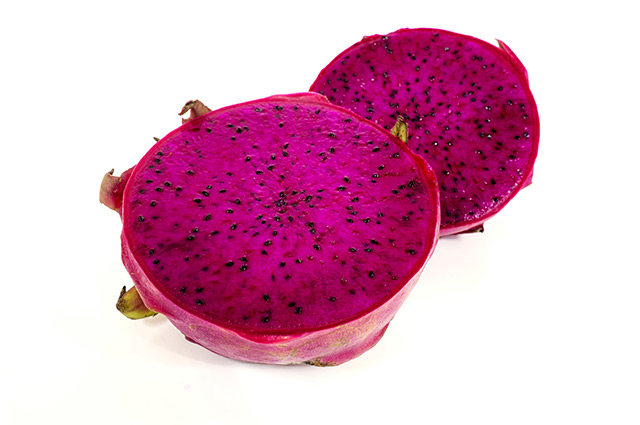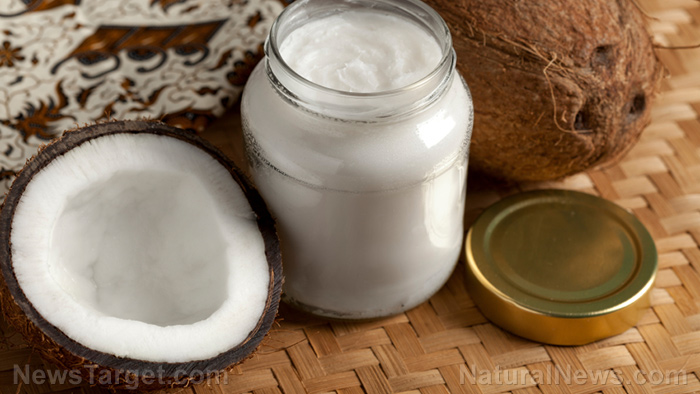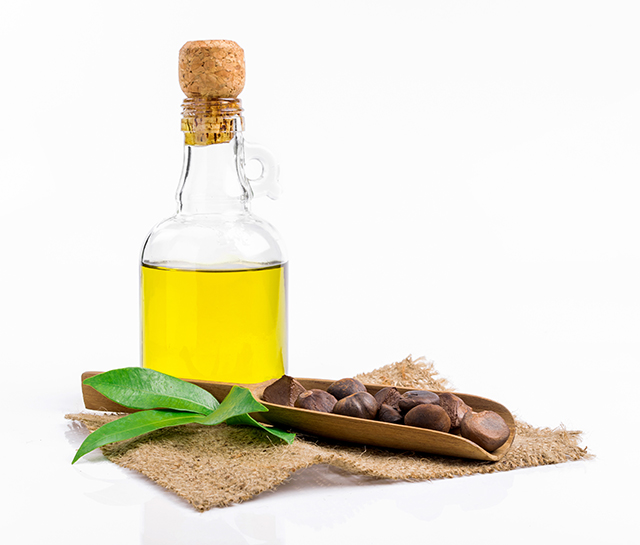Blue Green Algae – sources, health benefits, nutrients, uses and constituents at NaturalPedia.com
08/09/2017 / By Frances Bloomfield

Blue green algae are a kind of aquatic bacteria that also go by the name of cyanobacteria. That particular name is derived from their color, which is caused by pigment-protein phycocyanin. Blue green algae are a common sight in lakes, oceans, and ponds all over the world. The most well-known type of blue green algae is spirulina, a renowned superfood once consumed by the Aztecs and made popular again by the National Aeronautics and Space Administration (NASA). As a whole, blue green algae are an exceptional source of health-promoting nutrients.

List of known nutrients
Though containing a modest amount of calories and nearly zero fat, blue green algae are loaded with a wide spectrum of highly beneficial vitamins and minerals, primarily:
- Alpha-linolenic Acid
- Amino Acids
- Antioxidants
- Beta-carotene
- Calcium
- Iron
- Magnesium
- Phosphorus
- Phycocyanin
- Polyunsaturated Fatty Acids
- Potassium
- Protein
- Vitamin A
- Vitamin B1 (Thiamin)
- Vitamin B2 (Riboflavin)
- Vitamin B6 (Pyridoxine)
- Vitamin B9 (Folate)
- Vitamin B12 (Cobalamin)
- Vitamin C
- Vitamin E
- Zinc
Blue green algae are believed to be an excellent source of plant-based protein since they include all of the essential amino acids. Moreover, a 100-gram serving can deliver 6 g of this essential nutrient.
Blue green algae are exceptionally high in vitamins A and E, so much so that blue green algae are said to provide the body with more beta-carotene than carrots.
Medicinal uses for blue green algae
The wealth of nutrients present in blue green algae make them an effective food in the prevention or reduction of:
- Anemia
- Cytomegalovirus
- Headaches
- Herpes
- High Cholesterol
- Inflammation
- Influenza
- Oral Leukoplakia
- Premenstrual Syndrome (PMS)
Blue green algae can provide relief from inflammation in a number of ways. The protein pigment responsible for the signature hue of blue green algae, phycocyanin, reduces the effects of inflammation, while the alpha-linolenic acid impedes the development of prostaglandins, one of the significant contributors to inflammation.
Thanks to the content of polyunsaturate fatty acids, as well as its ability to improve blood lipids, blue green algae can assist in the reduction of high cholesterol.
Body systems supported by blue green algae
Consuming blue green algae frequently can yield many benefits to one’s health, namely by strengthening and supporting the following parts of the body:
- Brain
- Cardiovascular System
- Digestive System
- Immune System
- Skin
Blue green algae boost the health of the digestive system through the maintenance of healthy gut flora and the promotion of digestion.
Since blue green algae is loaded with a high concentration of potent antioxidants, regular consumption can lead to a stronger immune system.
Ways to use blue green algae
Blue green algae can be purchased in capsule, tablet, or powdered form, with the powdered form being the most versatile one. When in this form, blue green algae can be incorporated into smoothies, pudding, and even cookies and snack bars. The “fresh grass” taste may be off-putting to some, but this can be easily remedied by the inclusion of ingredients like cocoa powder or maple syrup.
Note: although blue green algae can be found growing in ponds, these are unfit for human consumption and can be toxic to animals. One species of freshwater cyanobacteria, Microcystis aeruginosa, is a source of drinking water pollution. Buying the dietary supplement form of blue green algae is still the best way to obtain this powerful superfood.
Where to learn more
- 5 Benefits of Using Blue-Green Algae for Weight Loss
- Drink blue-green algae to increase energy and improve memory
- Natural chemical found in blue-green algae found to destroy cancer cells … Potent anti-cancer medicine fights brain and breast tumors that chemo can’t treat
- Study: Spirulina can help treat pancreatic cancer
- Superfood Profile: Blue-Green Algae and Spirulina Offer Many Health Benefits
Summary
Blue green algae are loaded with dozens of important nutrients that play key roles in maintaining one’s health. Regular consumption of blue green algae can benefit the immune system and digestive system, and reduce the symptoms of high cholesterol and inflammation.
Sources include:
HealthyEating.SFGate.com
LiveStrong.com
HealthBenefitsOfEating.com
FitDay.com
EverUp.com
Tagged Under:




















